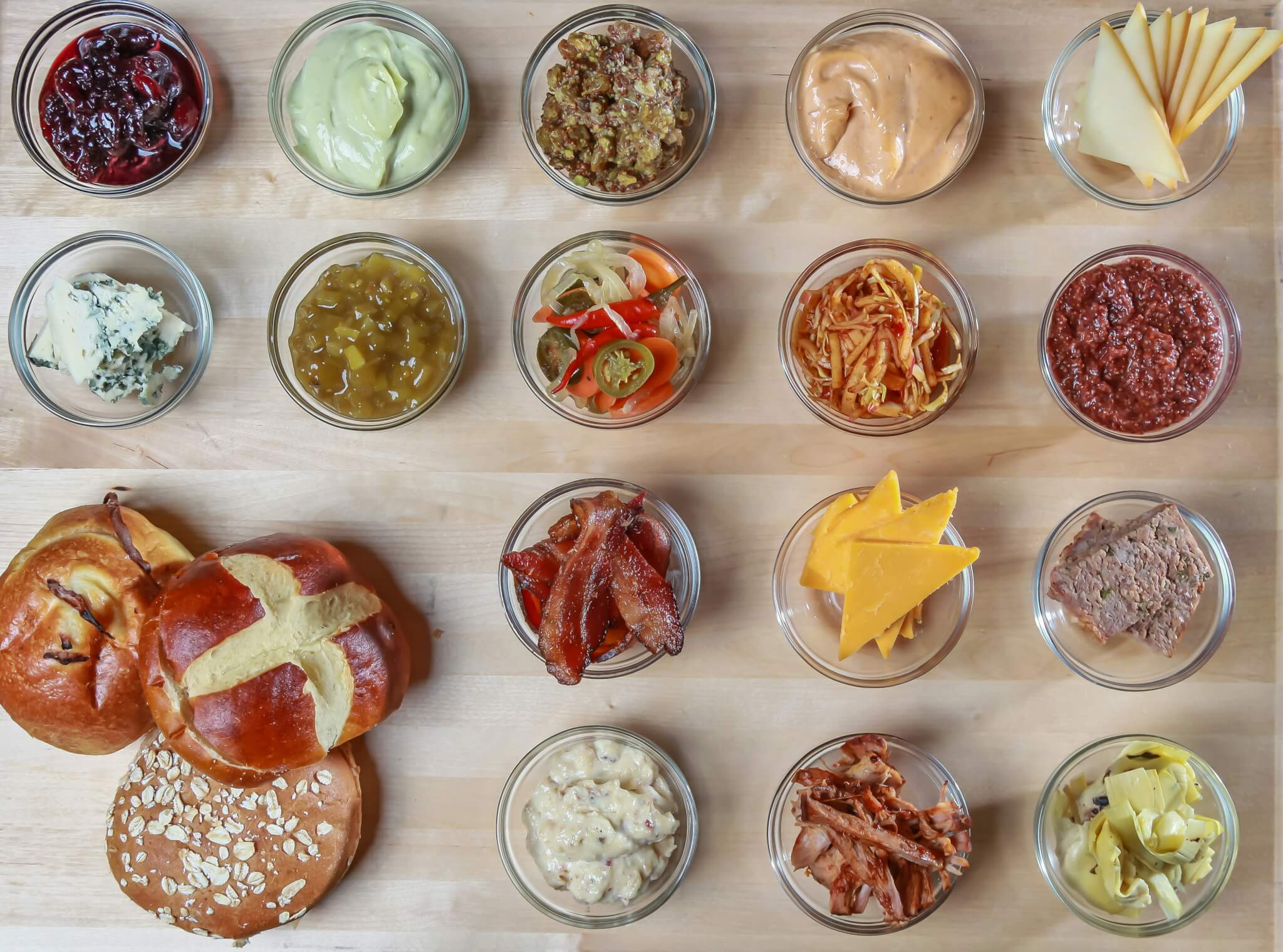Why does bee honey never expire?

Besides the fact that it is really delicious, bee honey is also the only food that never spoils. Impressive, isn’t it?
Not many people know that bee honey actually has a lot of more impressive properties. It has been used for medicinal purposes since ancient times, especially for the treatment of open wounds. Herodotus wrote that the ancient Babylonians buried their dead in honey, and Alexander the Great seems to have been embalmed and placed in a coffin full of honey. Moreover, the oldest honey was found in Georgia. Although it is over 5,000 years old, that honey should, in theory, be edible. How?
In essence, bee honey is a sugar. And like any sugar, it has hygroscopic properties, ie it does not contain water in its natural state. Therefore, very few bacteria and microorganisms end up living in such environments with very low humidity. In addition, it is very acidic, with a pH between 3 and 4.5.
Bees also contribute to the low moisture content by beating their wings to dry the nectar. Before that, however, the bees bring the nectar into the hives by regurgitation. Their stomachs contain an enzyme called glucosoxidase, which is added to the composition of honey at the time of regurgitation. Thus, the enzyme mixes with the nectar and breaks it down into two elements: gluconic acid and hydrogen peroxide, an element hostile to any organism that seeks to grow in honey.
Even the way we store honey contributes enormously to its quality. Although it is hygroscopic, if it is exposed to moisture it will start to retain a lot of water, which will drastically reduce its shelf life. So if you want to keep a jar of honey as much as possible, make sure you close it tightly and store it in a dry place.
In conclusion: yes, honey does not spoil. But you have to remember one thing: honey can contain spores from the bacterium Clostridium Botulinum. It is not harmful to adults and children over the age of one, whose digestive systems are sufficiently developed to fight these spores. But children under one year of age are at risk of developing botulism, so do not feed your newborn honey. Otherwise, even that 5,000-year-old honey can be consumed.











